An Importer’s Responsibilities in 2025: Navigating Modern Challenges
Introduction
In 2025, the landscape of global trade has evolved significantly, presenting importers with new challenges and responsibilities. Staying compliant with updated regulations, leveraging technological advancements, and managing supply chain complexities are paramount for successful importing operations. This guide outlines the key responsibilities importers must uphold in today’s dynamic environment.
1. Compliance with Evolving Trade Regulations
Trade policies are continually changing, and importers must stay informed about the latest regulations to avoid penalties. In 2025, there is a heightened focus on:
- Tariff Classifications: Accurately classifying goods under the Harmonized Tariff Schedule (HTS) is crucial. Misclassification can lead to incorrect duty payments and potential fines.
- Country of Origin Determination: Understanding and declaring the correct country of origin is essential, especially with shifting geopolitical climates affecting trade agreements.
- Adherence to Sanctions and Import Restrictions: Importers must ensure they are not engaging in trade with sanctioned entities or countries, requiring regular screening against updated government lists.
2. Exercising Reasonable Care
The principle of “reasonable care” mandates that importers actively ensure the accuracy and completeness of all information provided to customs authorities. This includes:
- Proper Valuation of Goods: Declaring the correct transaction value and including all necessary costs, such as shipping and assists, to determine the accurate duty owed.
- Maintaining Detailed Documentation: Keeping thorough records of purchase orders, invoices, contracts, and communications to substantiate declarations and support compliance audits.
- Utilizing Licensed Customs Brokers: While brokers can facilitate the import process, importers retain ultimate responsibility for compliance and should ensure brokers are reputable and informed.
3. Leveraging Technology for Compliance and Efficiency
Advancements in technology offer importers tools to enhance compliance and streamline operations:
- Automated Compliance Systems: Implementing software solutions that monitor and update trade regulations can help maintain compliance and reduce manual errors.
- Blockchain for Supply Chain Transparency: Utilizing blockchain technology ensures an immutable record of transactions, enhancing traceability and trust in the supply chain.
- Data Analytics: Analyzing import data can identify trends, discrepancies, and opportunities for cost savings, aiding in strategic decision-making.
4. Ethical Sourcing and Sustainability
Consumers and regulators are increasingly prioritizing ethical sourcing and environmental sustainability:
- Ensuring Product Safety and Compliance: Importers must verify that products meet all safety standards and regulations of the destination country to prevent recalls and protect consumers.
- Implementing Corporate Social Responsibility (CSR) Practices: Adopting CSR initiatives, such as fair labor practices and environmental stewardship, can enhance brand reputation and meet regulatory expectations.
- Conducting Regular Supplier Audits: Regular evaluations of suppliers ensure adherence to ethical standards and help mitigate risks associated with labor violations or environmental harm.
5. Financial Risk Management
Effective financial management is critical to mitigate risks associated with currency fluctuations, tariffs, and global economic instability:
- Diversifying Supply Sources: Reducing dependence on a single country or supplier can mitigate risks related to geopolitical tensions or natural disasters.
- Engaging in Trade Financing Options: Utilizing letters of credit, trade credit insurance, and other financial instruments can protect against non-payment and improve cash flow.
- Monitoring Tariff Changes: Staying informed about potential tariff implementations or adjustments allows importers to strategize and negotiate pricing accordingly.
Conclusion
In 2025, importers face a complex array of responsibilities that require diligence, adaptability, and strategic planning. By staying informed about regulatory changes, embracing technological tools, committing to ethical practices, and managing financial risks effectively, importers can navigate the evolving landscape of global trade successfully.


